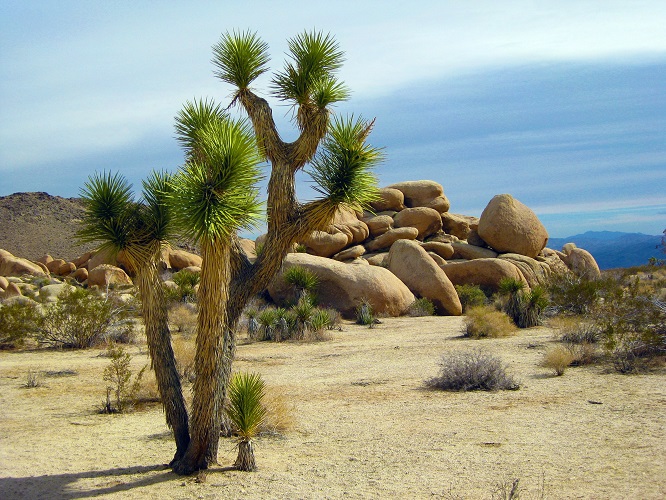Climate change is one of the pressing problems facing the world as we step into the third decade of the twenty-first century. The trend of a deteriorating climate situation continued through 2019, having a highly negative impact on the earth’s ecosystem, including its nearly eight billion human inhabitants. The recently released provisional statement on the State of the Global Climate in 2019 by World Meteorological Organization (WMO) analyzes the global climate change in recent years.
Temperature
The year 2019 is poised to become the second or third hottest year since temperature records were first complied globally around 170 years ago. The 2010-2019 decade is almost certainly the hottest on record, while the past five years are the hottest years individually. The mean global temperature in the first 10 months of 2019 was 1.1 degree Celsius above the pre-industrial temperature level.

In particular, human-induced warming – defined as the rise in temperature attributable to human activities – reached about 1 degree Celsius above the pre-industrial level. With some exceptions, such as parts of North America, the land temperatures all over the world were higher in 2019 compared to recent decades.
Greenhouse Gases
There are three main greenhouse gases whose concentration in the atmosphere is a major driver of climate change: carbon dioxide, methane, and nitrous oxide. The concentration of carbon dioxide in the atmosphere, which reached a staggering 147 percent of the pre-industrial level in 2018, increased at a higher rate in 2019 compared to previous years.
Read more: Is extreme weather becoming the new norm?
Similarly, the concentration of methane, at 259 percent, and nitrous oxide, at 153 percent, of the pre-industrial level, also accelerated during the year, thus contributing to the greenhouse effect. Experts estimate that limiting the global rise in temperature to 1.5 degree Celsius would require attaining net zero carbon dioxide emissions globally by 2050 – a far cry from the current scenario.
Oceans and Sea Levels
Oceans and seas are an important part of our ecosystem, producing over half the world’s oxygen and absorbing a high content of the emitted carbon dioxide. The Ocean Heat Content – a measure of heat energy in the oceans and, therefore, an important indicator of global warming – has continued to rise sharply in 2019, and is expected to exceed the record high experienced in 2018. More marine heat waves have also been classified as “strong” or “severe” in recent years.

The rising sea level is a serious threat to the existence of many coastal communities as well as island nations, such as those in the Indian Ocean. The recent melting of ice sheets in various parts of the world, including Antarctica, has accelerated the rise of sea levels. In fact, the global mean sea level reached its highest value in autumn 2019 since its recording first started in 1993, having risen by over 90 mm over this period.
Sea Ice and Ice Sheets
Cryosphere refers to the various types of snow and ice cover on the Earth’s land and water. Two of the main cryosphere indicators cited are the sea-ice extent and the Greenland ice sheet. The sea ice in the Arctic and sub-Arctic regions has experienced a decline in volume since 1979 which continued through 2019.
Read how climate change impacts people and communities
Similarly, Greenland lost about 329 Gt of ice in the 12 months prior to September 2019. While not a record, this figure is well above the average, showing that the loss of ice sheet is continuing at a relatively quick pace.

With these indicators of climate change painting a somewhat gloomy picture, there is a definite need for meaningful action to counter global warming and other aspects of climate change. The challenge now for the world is not just to limit the extent of climate change but to prepare ourselves for the inevitable toll that the change will take upon us and our future generations.
You can download the WMO Provisional Statement on the State of the Global Climate in 2019 here.

